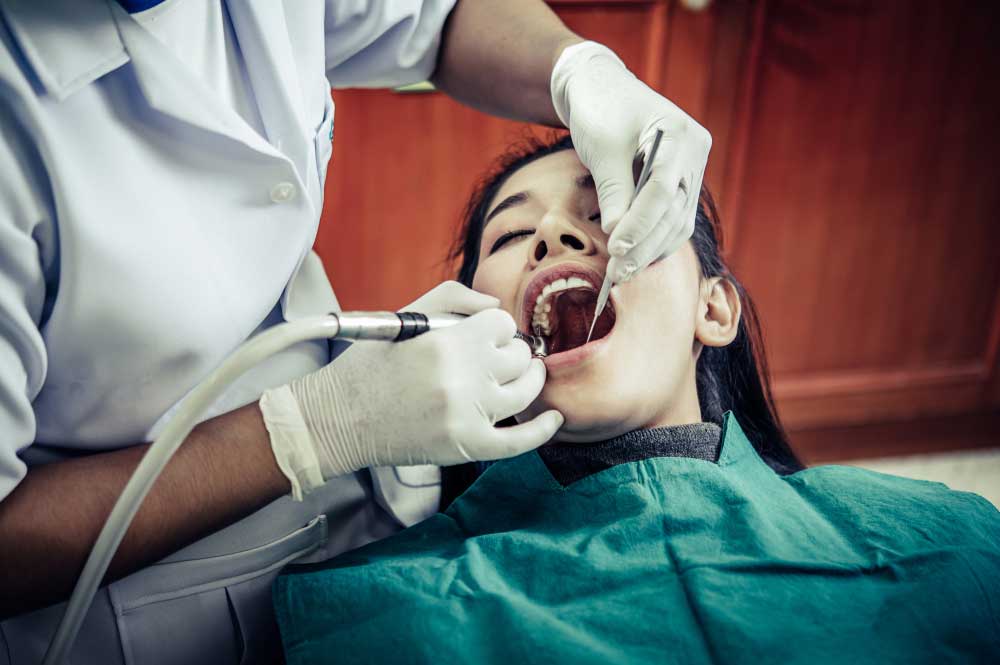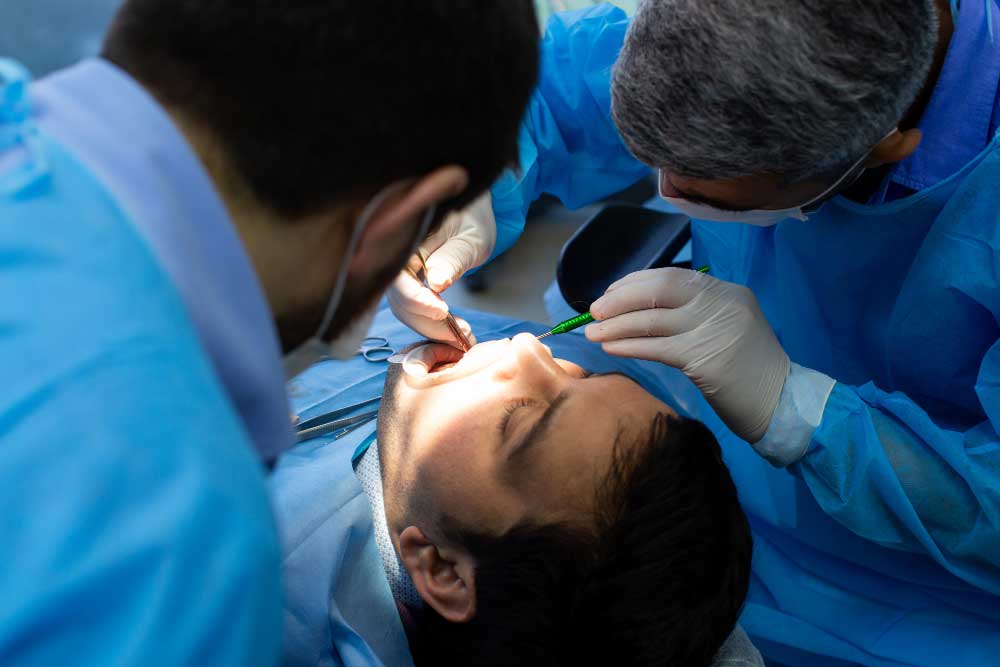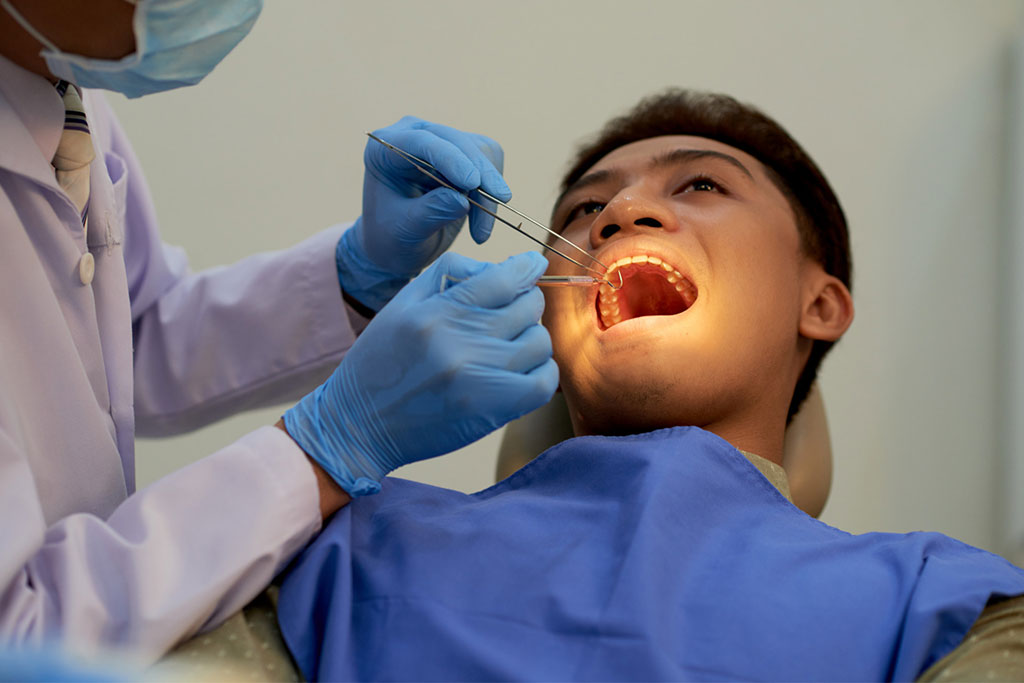Table of Contents
ToggleBefore the roots of your third molars dig in for good, most Australian dentists suggest dealing with them during the late-teen to mid-twenties window. Evidence shows surgery is quicker, recovery is smoother, and long-term risks are lower when those teeth come out early. That said, not every set of wisdoms needs to go. Age is only one factor; room in the jaw, oral hygiene, general health, and, yes, household budget all shape the decision. Below you will find a clear, evidence-based guide—written in Australian English—so you can judge whether it is time to call your dentist or keep those molars under observation.
Understanding Third Molars
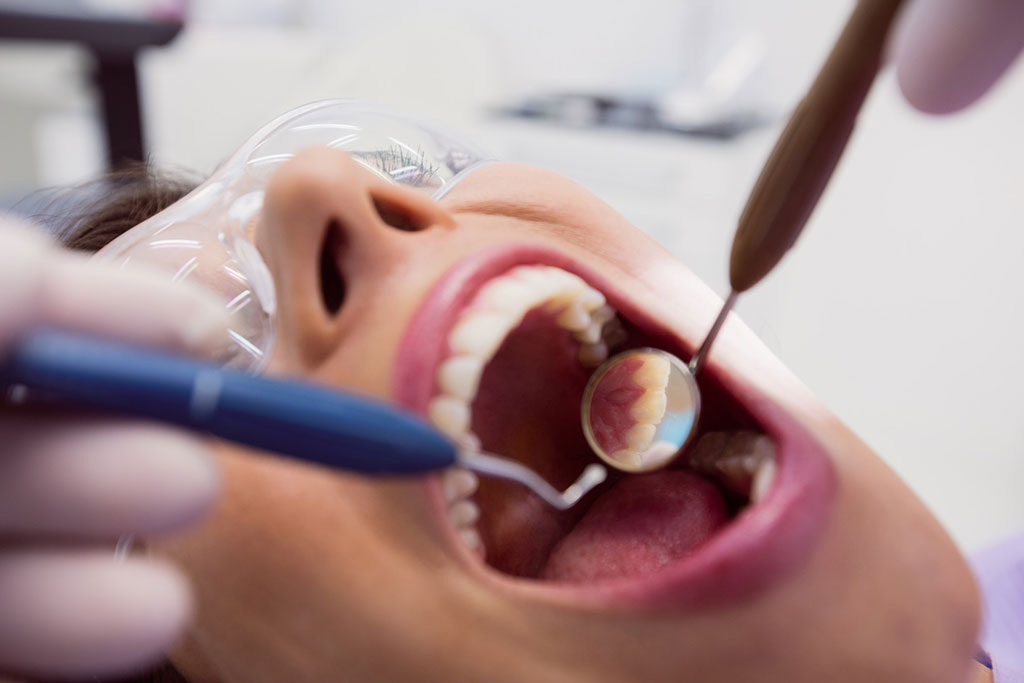
Wisdom teeth—our third permanent molars—were once handy for chewing a stone-age diet, but modern jaws often lack the space to house them peacefully. They usually sit dormant beneath the gums until late adolescence, after which they may erupt normally, become partly covered by gum, or remain impacted. Each outcome carries a different risk profile.
When Do They Show Up?
Eruption generally begins between 17 and 25 years of age, with Australian and UK public-health sources putting the average at roughly 18–21 years. Some people never form wisdom teeth at all; others find that only one or two appear. Routine radiographs during secondary-school or university dental checks usually spot their progress early.
Why Does Timing Matter?
By about 25, these molars have longer, curved roots that sit closer to the inferior alveolar nerve. Studies show complication rates—nerve injury, dry socket, extended swelling—rise noticeably after this age bracket. Bone is also denser in adults, making surgery slower and post-operative stiffness more common.
The Ideal Window for Removal
Most oral surgeons nominate 18–24 years as the “sweet spot” because:
- Bone pliability: Softer bone means less drilling and faster healing.
- Root development: Roots are two-thirds formed, easing extraction while protecting adjacent nerves.
- Lifestyle flexibility: Uni holidays or gap-year breaks give patients recovery time without major work commitments.
If your practitioner advises wisdom teeth removal Sydney while you are still studying, the benefits extend beyond comfort—future dental costs and lost workdays also shrink.
Why Some Teeth Must Come Out Early
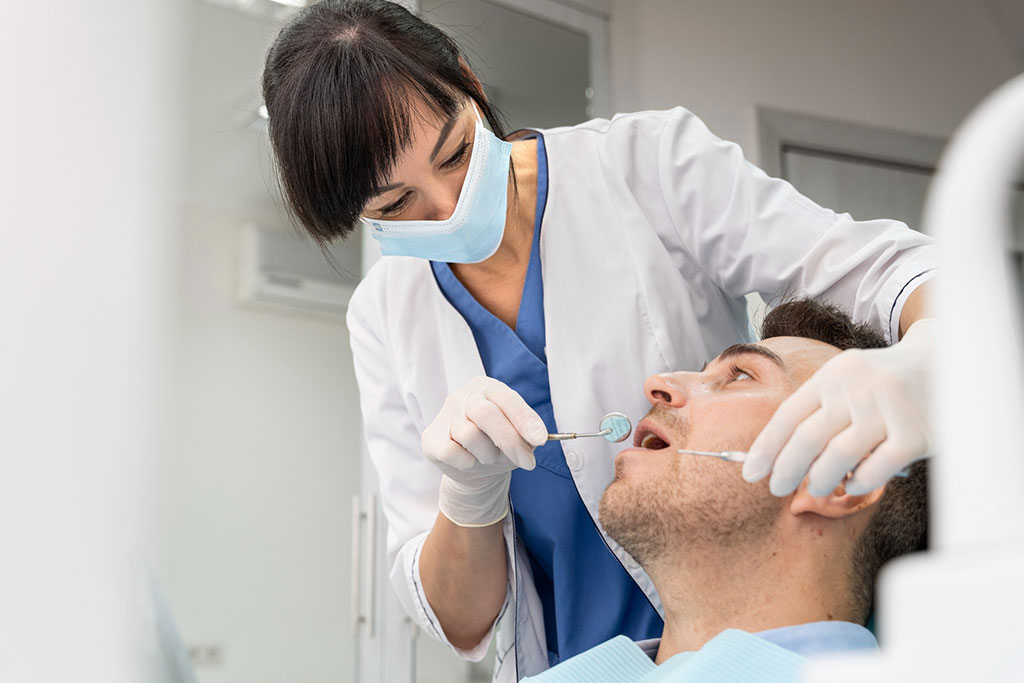
Impaction can trap bacteria and food, fuelling decay in neighbouring molars and leading to pericoronitis or cyst formation. Orthodontists are wary that erupting thirds may nudge carefully aligned front teeth, although the evidence here is mixed.
Pain is not the only red flag. Recurrent gum swelling, foul taste, or unexplained jaw soreness are equally telling. Early extraction also cuts your exposure to post-operative opioid prescriptions, which a large US cohort linked to persistent use in young adults.
Waiting Too Long: What Can Go Wrong?
Older patients face a steeper rise in:
- Nerve damage: The odds of temporary or permanent numbness grow with age.
- Infection: Delayed-onset infections peak several weeks after surgery and are more frequent in the over-30s.
- Prolonged recovery: Bone becomes less elastic, so swelling, trismus, and dry socket last longer.
A recent Guardian feature highlighted how deferred oral care can snowball into tooth loss, nutritional problems, and broader health issues.
The Sydney Cost Landscape
For many patients googling wisdom teeth removal cost Sydney, price uncertainty is the first barrier. Private quotes range widely because every case is different: number of teeth, impaction depth, and preferred anaesthetic all drive the figure. Public clinics may place you on a waiting list, but eligible patients can secure treatment at minimal out-of-pocket expense through the NSW Oral Health Service.
While one clinic lists a wisdom teeth removal price Sydney as little as $250 per tooth for straightforward extractions, fully impacted cases under general anaesthetic can exceed four times that amount. Some dental schools and hospital programs advertise cheap wisdom teeth removal Sydney for concession-card holders or those willing to be treated by supervised graduate dentists. Community clinics focusing on affordable wisdom teeth removal Sydney are a further option, though appointments fill quickly due to high demand.
Is Monitoring Ever Safe?
Cochrane reviewers note that asymptomatic, disease-free wisdom teeth can sometimes be observed rather than removed, provided patients attend regular check-ups and bite-wing x-rays. Candidates for monitoring include people with:
- Enough space for full eruption.
- Excellent oral hygiene and low decay risk.
- Medical conditions that make elective surgery ill-advised.
Even in these cases, your dentist will keep an eye on soft-tissue pockets, since late-onset decay behind the second molar remains common. To ensure smooth recovery, here’s what to eat and avoid after wisdom teeth removal.
What to Expect If You Book Surgery
Most extractions occur under local anaesthetic with or without intravenous sedation; day-surgery under general anaesthetic is offered for complex impactions or anxious patients. A responsible adult must drive you home, and soft foods—think yoghurt, pumpkin soup, mashed avo—are recommended for several days. Swelling peaks at 48 hours, easing with ice packs and over-the-counter analgesics. Younger patients often return to study or work in three to four days, whereas those in their thirties may need a full week off.
The jawbone of young adults in wisdom teeth Sydney cases is still flexible, so socket healing tends to run on schedule and stitches come out within seven days.
Key Takeaways
- Ages 18–24 offer the lower-risk zone for extraction, chiefly because roots are shorter and bone is less dense.
- Rising age brings higher odds of nerve injury, infection, and a tougher recovery.
- Costs vary; shopping around, leveraging public clinics, and discussing staged treatment can soften the blow.
- Regular reviews remain essential—even retained wisdom teeth can turn troublesome later.
Timely advice from your local dentist can save discomfort, expense, and unexpected time off work. If you are hovering at the upper end of the twenties and still debating, consider a fresh x-ray and a candid chat with an oral surgeon sooner rather than later.
Frequently Asked Questions
- At what age do most Australians remove their wisdom teeth, and why?
Dentists favour ages 18–24 because roots are smaller, jawbone more pliable, and the main sensory nerve slightly distant. That combination allows quicker surgery, lighter swelling, and fewer nerve injuries. After the mid-twenties bone stiffens, roots curl, and complications rise, stretching recovery and adding costs. Early evaluation and, if advised, timely removal reduce long-term trouble for patients across the country today overall. - What happens if I ignore an impacted wisdom tooth for several years?
Silent impactions can trap food and bacteria, leading to gum infection, decay in the neighbouring second molar, cyst formation, or even jawbone damage. Long-standing inflammation results in foul taste, bad breath, or swelling that flares unpredictably. Should a cyst enlarge, it may hollow out bone and weaken the jaw. Treating these sequelae is far tougher, and dearer, than planned early extraction. - Do I need a general anaesthetic for wisdom tooth removal?
Often no. Straightforward cases are managed under local anaesthetic, sometimes paired with intravenous sedation. This approach avoids hospital fees, lets you leave sooner, and delivers a faster recovery. General anaesthesia is chosen for deeply impacted or horizontally positioned teeth, certain medical conditions, or pronounced treatment anxiety. Your oral surgeon balances x-ray details, health, and personal preference before recommending the most suitable anaesthetic plan. Your choice of anaesthesia also influences the cost of wisdom teeth removal Sydney. - How many days should I plan off work or study after wisdom tooth extraction?
Most healthy people under twenty-five need two or three days, returning once pain eases and swelling drops. Patients in their late twenties or older allow four to six days because denser bone lengthens recovery. Heavy physical jobs may require a day to prevent bleeding. Your dentist will issue a certificate and tailor advice to surgical difficulty, health, and progress. - What strategies help keep the cost of wisdom tooth extraction manageable in Sydney?
Start by getting a written quote specifying item numbers, tooth count, and anaesthetic. Compare private clinics, hospital programs, student clinics, and community centres. Concession-card holders should ask about public waiting lists. Some practices stage removal, treating two teeth at once to spread payments. Others provide interest-free plans or allow early superannuation release for necessary surgery to ease immediate cash flow.

